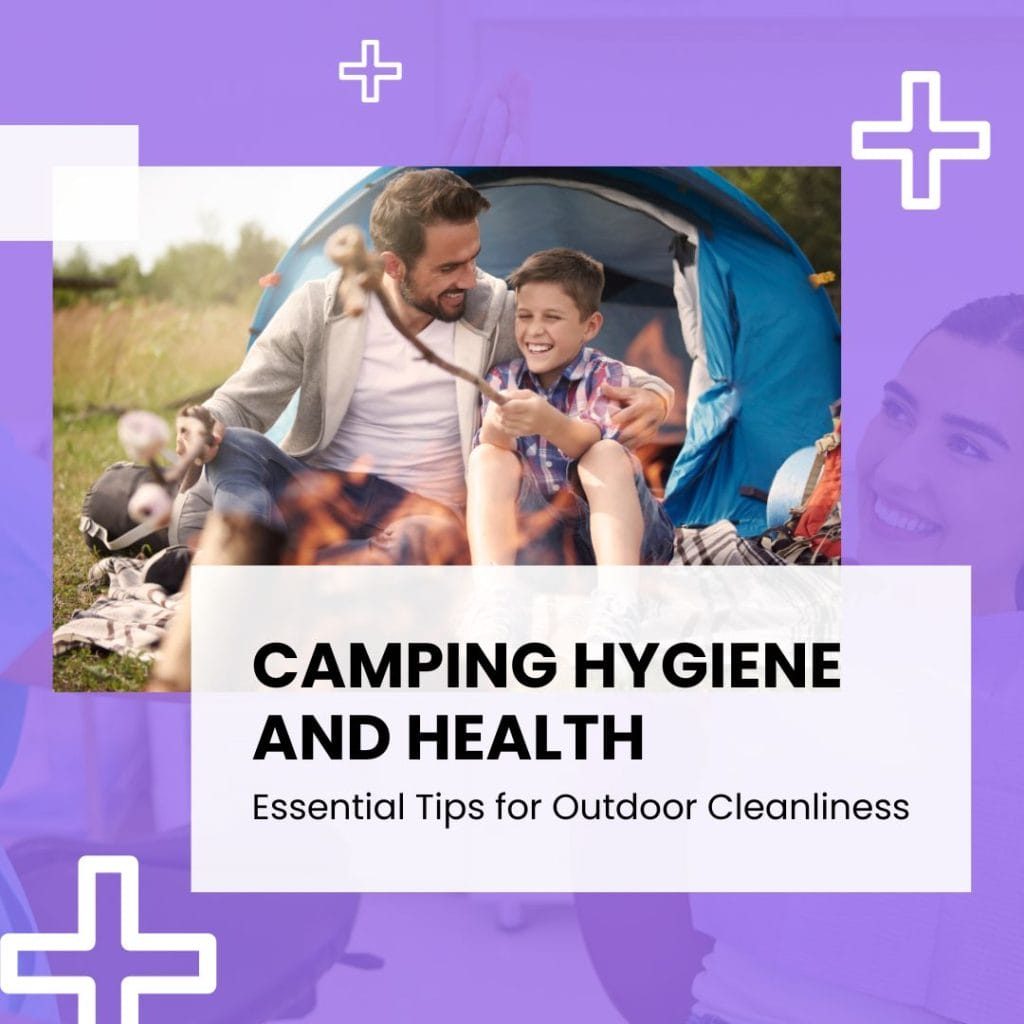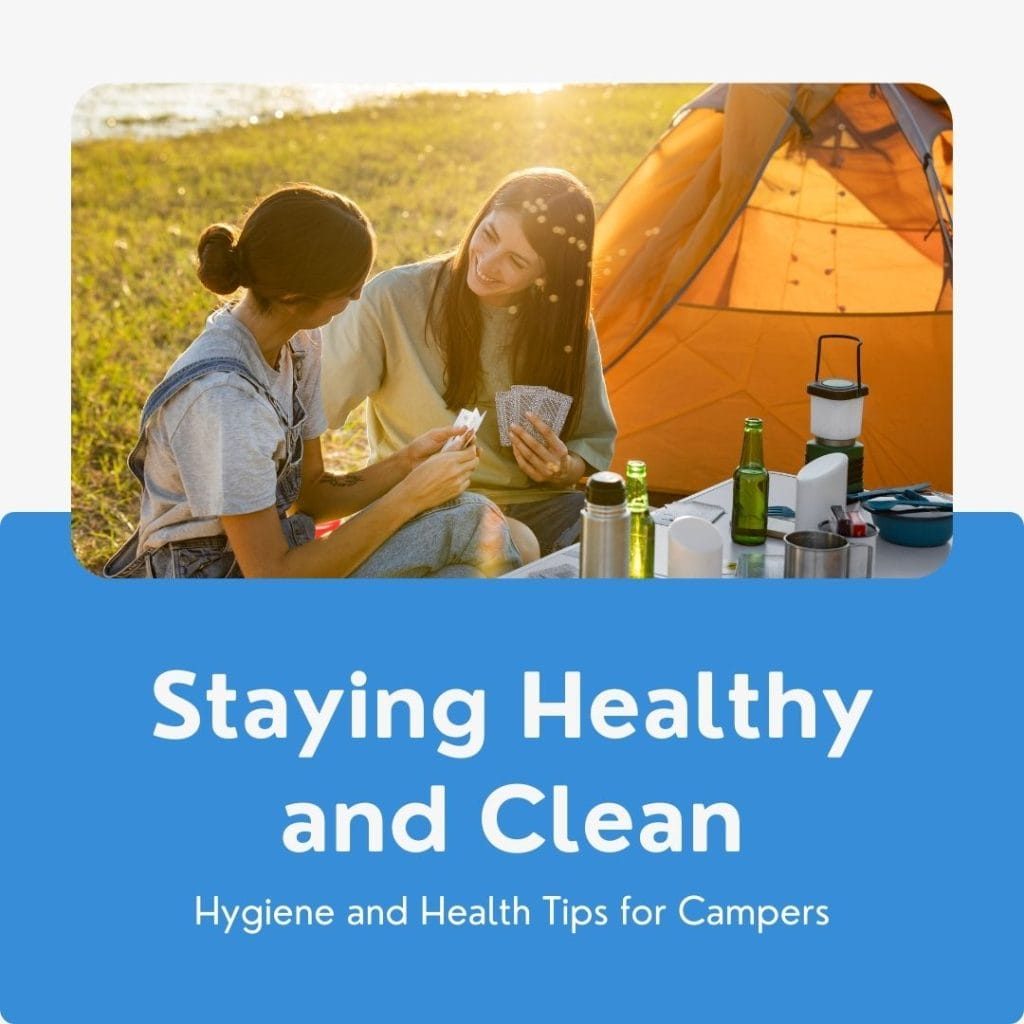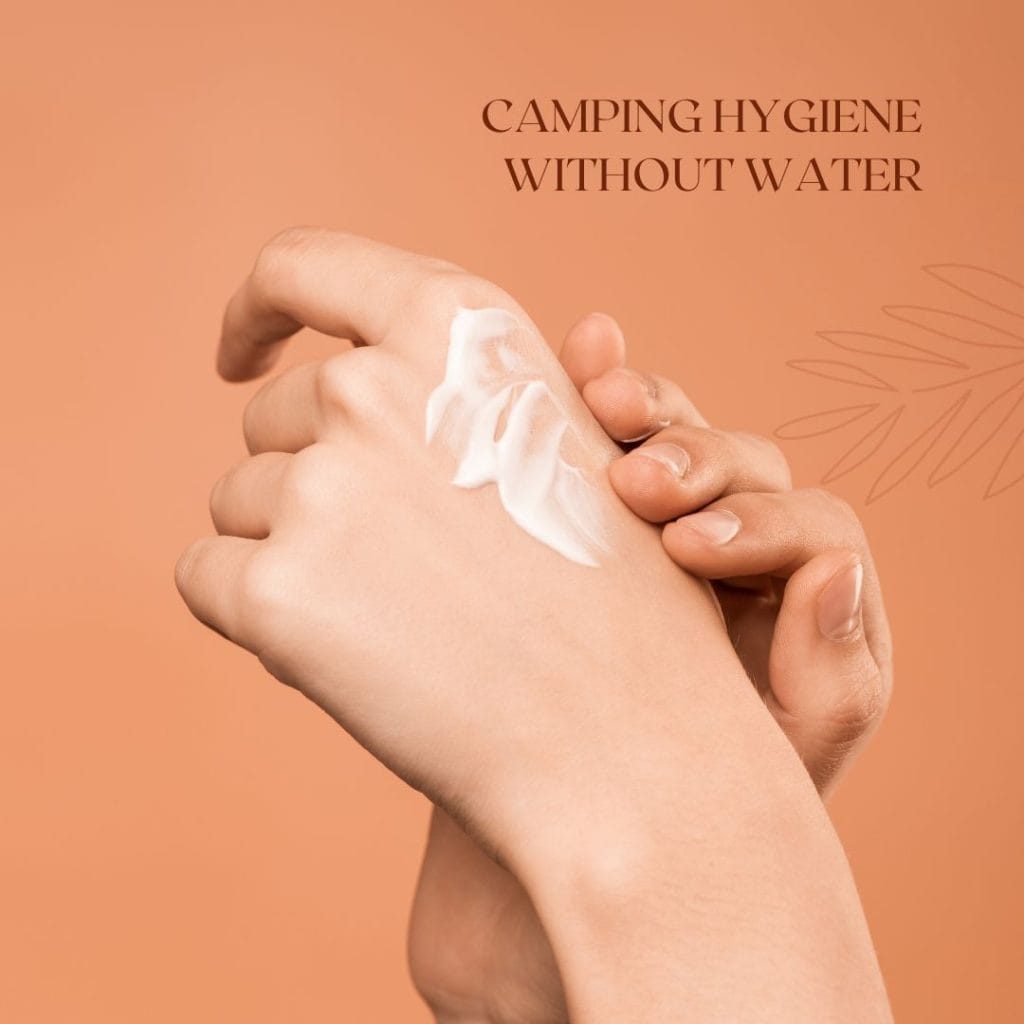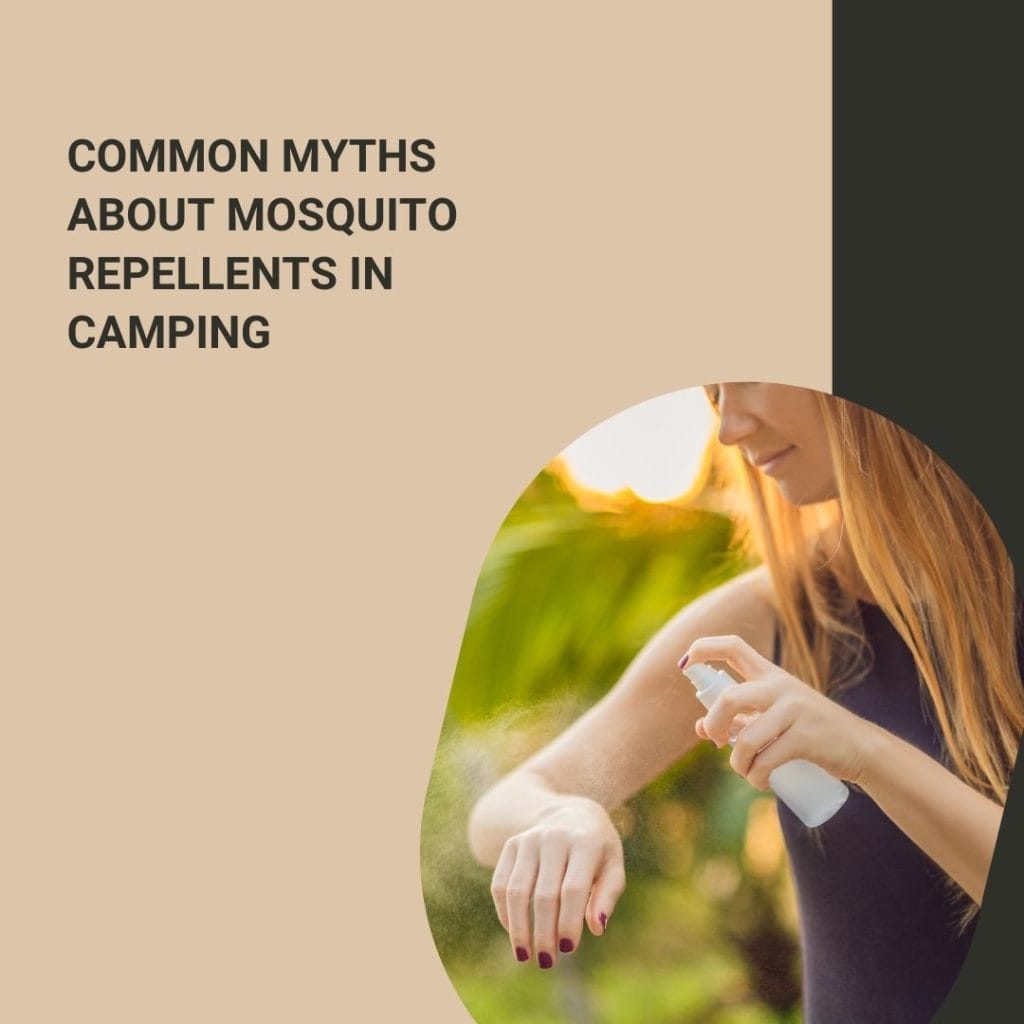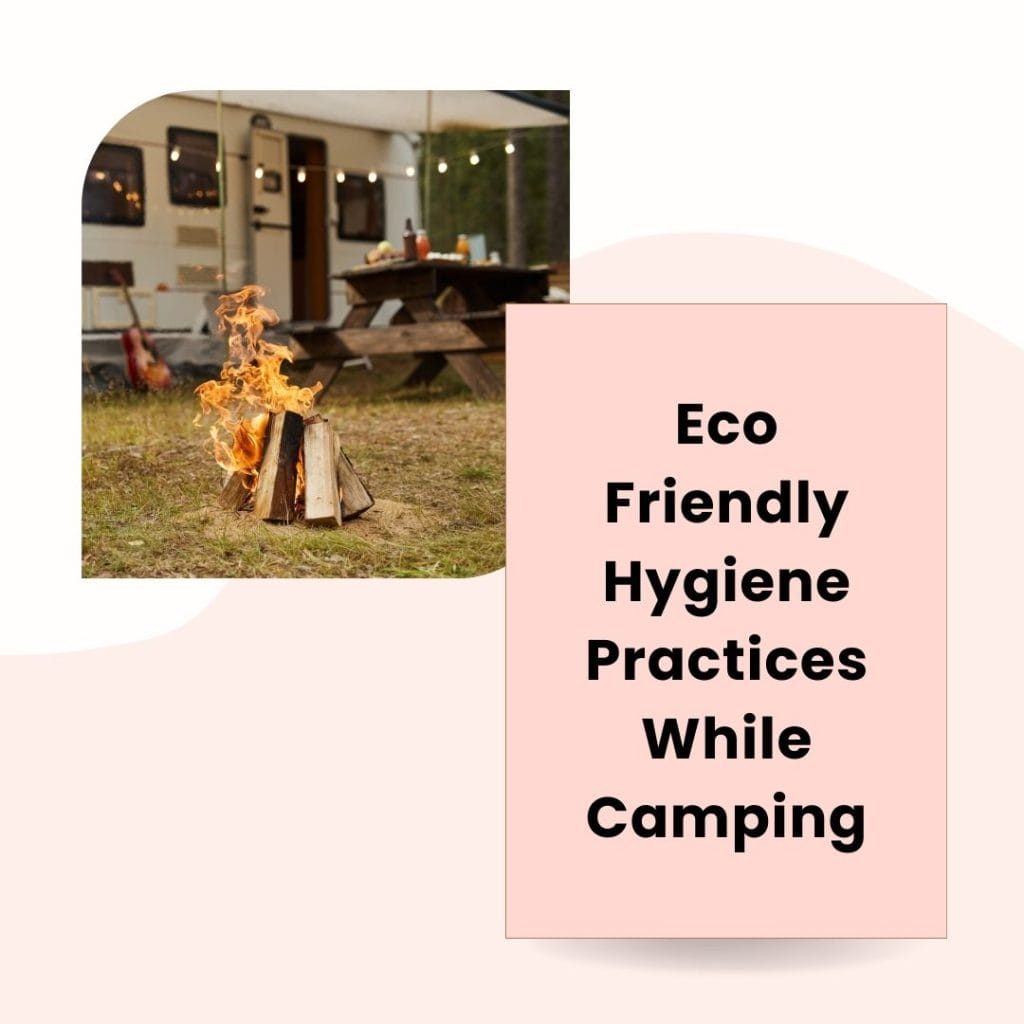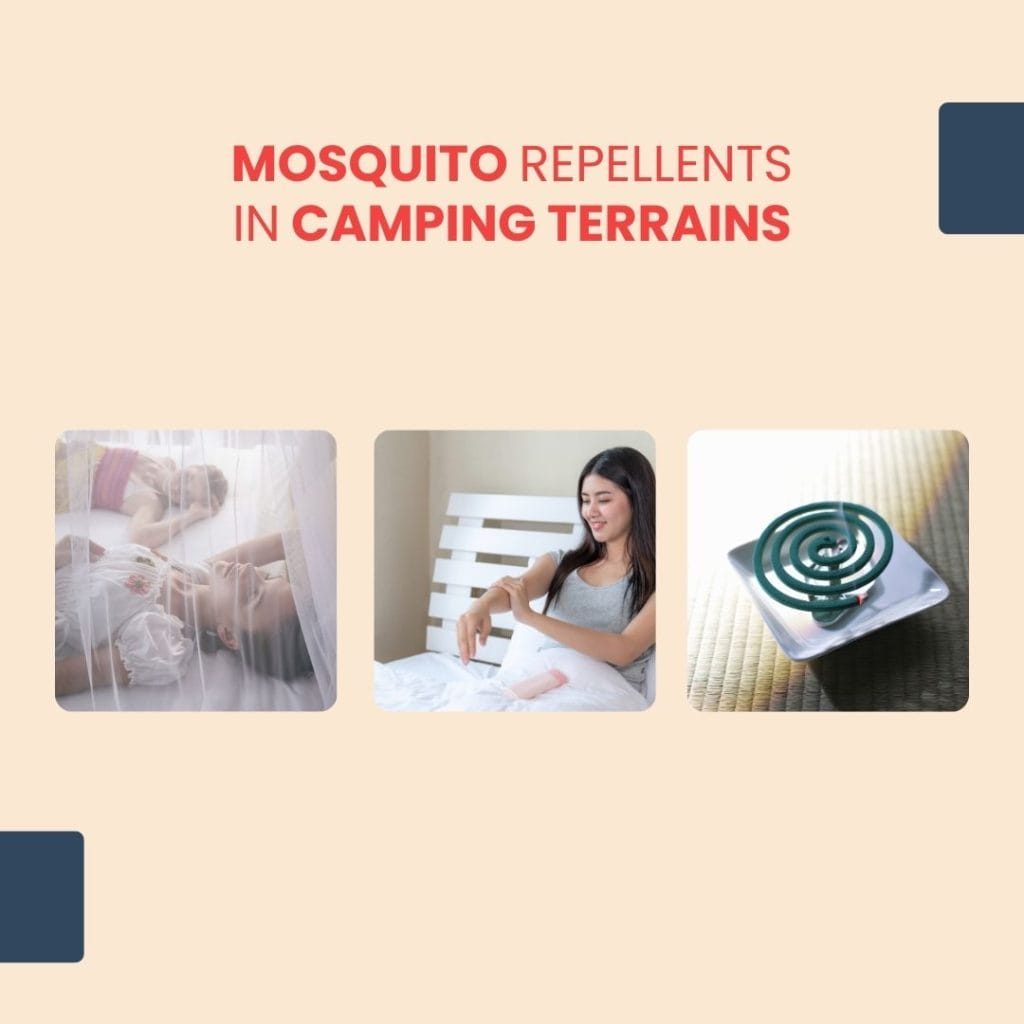Camping allows us to reconnect with nature, but it also brings us closer to less welcome aspects of the outdoors, like mosquitos. The need for Natural Mosquito Repellents can’t be overstated when embarking on a camping adventure. These repellents provide an eco-friendly and safer solution to keep these pesky insects at bay during your trip. Enjoy the great outdoors, free from the worry of those unwelcome bites.
Natural and Effective Mosquito Repellents for Campers
Considered the best overall option, this repellent offers protection against mosquitoes during your camping trips. Ideal for your backpack, this product ensures you’re protected wherever your adventures take you.
- Sawyer Picaridin Insect Repellent Lotion: This lotion-based repellent is our top pick when it comes to creams and lotions.
- Sawyer Permethrin: Best suited for treating clothing, this repellent is a must-have for those seeking additional protection.
- ThermaCell MR450 Armored Mosquito Repeller: This device serves as a great repellent option, ensuring a mosquito-free camping experience.
- ThermaCell EX90: Perfect for RVs, this mosquito repellent guarantees a peaceful night’s sleep during your camping trip.
- Murphy’s Naturals Lemon Eucalyptus Oil Mosquito & Tick Repellent Spray: This natural repellent uses lemon eucalyptus oil to ward off mosquitoes and ticks, making it the best natural option for campers.
- Backpacker Mosquito Repeller: Best for backpacking, this repellent ensures that mosquitoes don’t ruin your outdoor adventure.
Best Mosquito Repellents for Camping
In this section, we delve into an exhaustive list of the best mosquito repellents best suited for camping. Each product is carefully selected based on its effectiveness, user reviews, and natural ingredients, ensuring that you can enjoy your camping experience to the fullest without the pesky mosquito bites.
Top Pick: Coleman SkinSmart Insect Repellent
Key features of this aerosol spray include its ability to protect against mosquitoes with a minimal odor. The active ingredient, IR3535, is as effective as DEET but has a lower toxicity, according to the World Health Organization. However, like DEET, it can cause eye irritation and degrade plastics. It is easy to apply, but remember to shake well before using.
Best for Backpacking: Repel 100 Insect Repellent
This non-aerosol pump spray proves highly effective against mosquitoes, ticks, chiggers, and fleas. It’s small and easy to carry but emits a strong odor. The high DEET content (98.11%) offers robust protection. However, its pump applicator dispenses a small amount, making it unsuitable for full-body coverage.
Top Lotion: Sawyer Picaridin Insect Repellent Lotion
This lotion, ideal for areas hard to spray such as hands, ears, and face, lasts up to 14 hours. It’s odorless, doesn’t leave residue, and is difficult to apply to the whole body.
Best for Clothes Treatment: Sawyer Permethrin
This spray is ideal for treating clothing to repel mosquitoes, ticks, chiggers, and fleas. However, it’s not for direct skin application and needs to be applied to clothing in advance.
Best Device: ThermaCell MR450 Armored Mosquito Repeller
This device repels mosquitoes and gnats effectively for up to 12 hours. It fails to work in high winds and while hiking, but is an excellent option for camping.
Best for RVs: ThermaCell EX90
This rechargeable device offers protection against mosquitoes and gnats. It isn’t suitable for hiking because of its size but works well for RVs, car camping, and backyard use.
Best Natural Repellent: Murphy’s Naturals Lemon Eucalyptus Oil Mosquito & Tick Repellent Spray
This natural repellent works best in mild bug conditions but doesn’t fare well against severe mosquito swarms. It emits a mild, almost pleasant scent and doesn’t leave a sticky or oily residue.
Best for Backpacking: Backpacker Mosquito Repeller
This lightweight device repels mosquitoes effectively and includes four 4-hour repellent mats. It attaches to a fuel canister and doesn’t emit any scent. Be aware that it requires isobutane backpacking fuel for operation.
Choosing The Best Mosquito Repellents for Camping
Selecting the best mosquito repellent for camping hinges on several factors.
Firstly, consider the environment you’ll be camping in. High-risk mosquito areas may require stronger repellents, while natural products may suffice in mild conditions.
Secondly, think about convenience. Sprays and lotions are portable and easy to apply, while devices may offer long-lasting protection without the need for frequent reapplication.
Lastly, consider the scent. Some repellents have a strong odor, which may be off-putting. Opt for odorless or pleasantly scented options if possible.
Remember, effective protection enhances your outdoor experience, making your camping trip more enjoyable and worry-free.
DEET vs. No DEET
DEET, or diethyltoluamide, is a highly effective synthetic agent commonly found in many mosquito repellents. It confuses insects, deterring them from landing or biting. However, it has a potent smell and may cause skin irritation in some individuals.
Conversely, Non-DEET repellents, often derived from natural sources such as lemon eucalyptus oil or picaridin, are becoming increasingly popular. These substances repel mosquitoes without the harsh smell or potential skin irritations associated with DEET. However, their effectiveness may vary, and they often require more frequent application.
Application
Applying mosquito repellent properly ensures it works effectively. For sprays and lotions, apply an even layer to all exposed skin and clothing, avoiding the eyes and mouth. Reapply as directed on the product label.
Devices like the ThermaCell Mosquito Repellers require a different approach. Set them up as per the instructions and place them centrally to produce a mosquito-free zone around your area.
For on-the-go solutions like the Backpacker Mosquito Repeller, attach it to your gear and ensure it’s switched on to keep mosquitoes away. Correct application guarantees maximum effectiveness, allowing you to enjoy a mosquito-free outdoor experience.
Frequently Asked Questions
Q: Which mosquito repellent is the most potent?
While 100% DEET remains the most effective mosquito repellent over extended durations, other ingredients like Picaridin, IR3535, oil of lemon eucalyptus, and Permethrin also exhibit significant mosquito repelling abilities.
Q: What’s the best method to prevent bugs from invading my campsite?
To best deter mosquitoes from your campsite, consider using a mosquito repellent device, such as a ThermaCell.
Q: What is the cost range for camping mosquito repellents?
The price of mosquito repellents for camping varies, typically falling between $10 and $50. The cost largely depends on the repellent’s technology and the quantity of repellent contained in the product.
Conclusion
In conclusion, the choice of a natural mosquito repellent for camping depends on various factors, including your camping environment, scent preference, and convenience. Whether you opt for DEET-based products, non-DEET alternatives, sprays, lotions, or devices, understanding their applications can significantly enhance your outdoor experience. Most importantly, always remember: the key is to find a solution that suits your personal needs and ensures a mosquito-free camping adventure.

